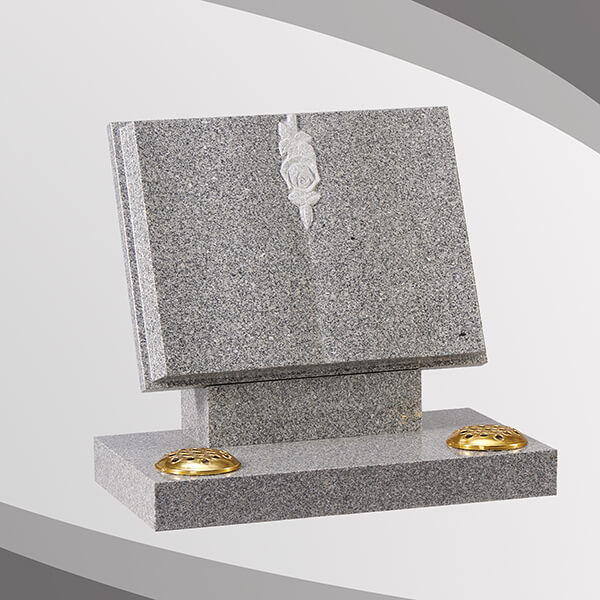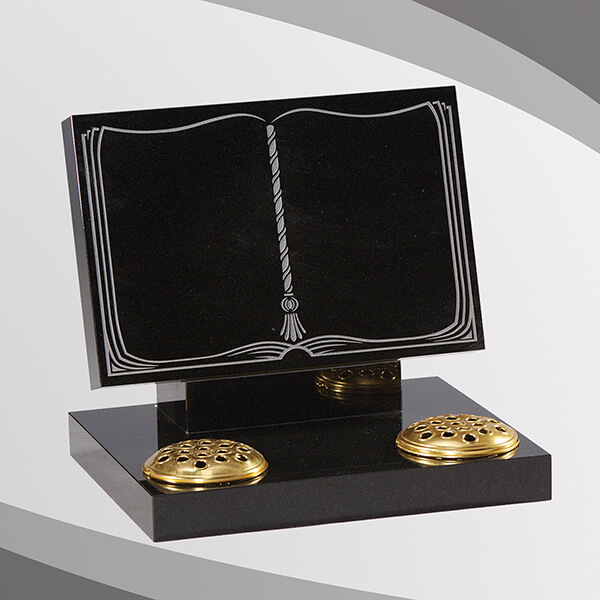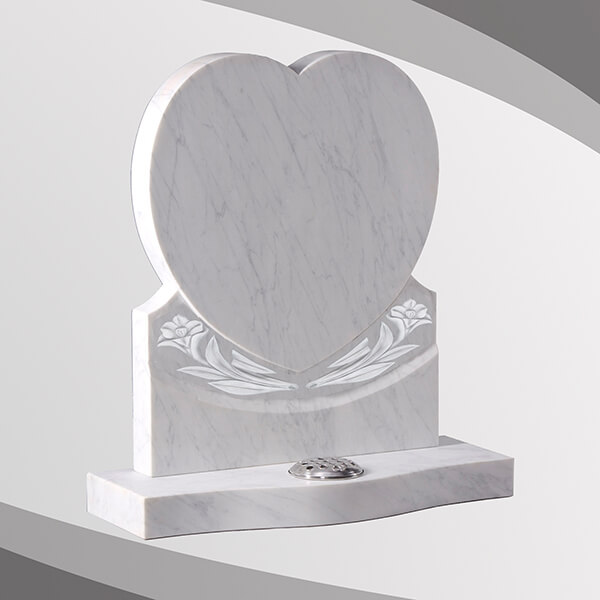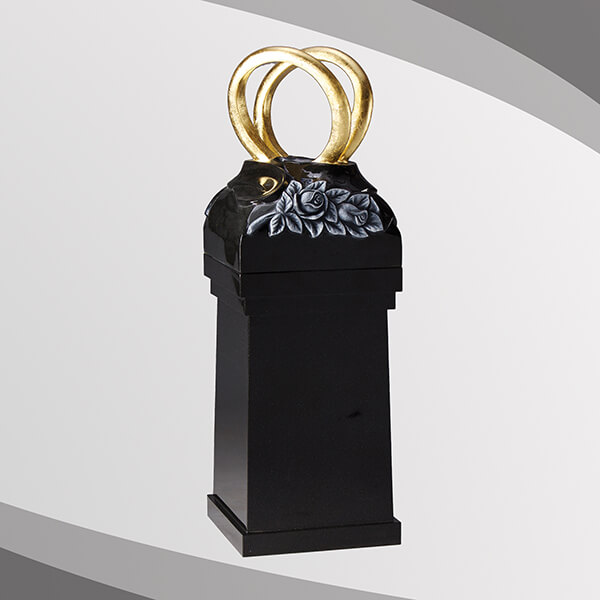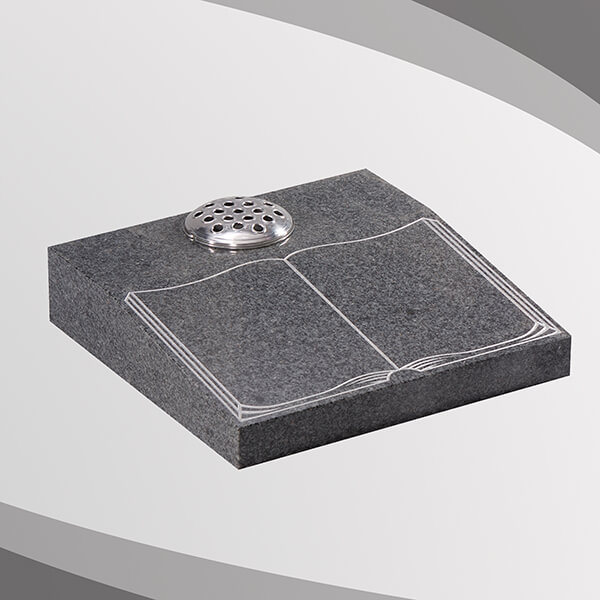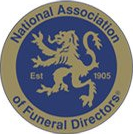Funeral Planning Help & Advice
It’s never too soon to contact a funeral director to ask for help after a death in the family.We’re not just here to handle the funeral ceremony itself – we can offer advice and guidance at every stage of the process, from reporting the death to saying your final goodbyes.
We hope that this guide will help you to do everything you need to do after losing a loved one. If you have any questions, of if you need our assistance, please don’t hesitate to contact us – we are available 24 hours a day.
What to do in the event of a death
If the deceased is in hospital...
The hospital will give you the address of the Registrar of Births and Deaths once a doctor’s certificate has been issued. If a doctor has referred the death to the coroner, the doctor will advise you on what happens next (e.g. when the examination will take place and whether you need to carry out registration).
If the deceased is in a nursing home...
A doctor or member of staff will contact you and let you know as soon as a death certificate is available. They will also give you the address of the local Registrar of Births and Deaths. You may be asked for permission to contact a funeral director.
If nursing home staff cannot contact the next of kin, they may arrange to transfer the deceased to a local funeral director’s private chapel.
Again, a doctor may refer the death to a coroner, in which case you will be advised of when the examination will take place and whether you need to carry out registration.
If nursing home staff cannot contact the next of kin, they may arrange to transfer the deceased to a local funeral director’s private chapel.
Again, a doctor may refer the death to a coroner, in which case you will be advised of when the examination will take place and whether you need to carry out registration.
If the deceased is at home...
Contact your doctor immediately. They will come to the property to confirm the death. Next, you should contact your local funeral director, who will visit the property and take the deceased to their private chapel. You should wait for the doctor to issue a death certificate before visiting your local Registrar of Births and Deaths.
If no doctor or ambulance service is known/available, you should contact the police instead.
If no doctor or ambulance service is known/available, you should contact the police instead.
Registering a death
In England and Wales, deaths usually need to be registered within five days. To register a death, you will need to visit your local Registrar of Births and Deaths. You will be at the Register Office for about 30 minutes, and it may be necessary to make an appointment beforehand. It’s usually best to visit the Register Office in the area where the person died. This should ensure that you get the necessary documents promptly. To find the nearest register office, visit www.gov.uk/register-offices.Who can register a death?
- A relative*
- Someone who was present when the death occurred
- The person in charge of the body
- The person making arrangements with the funeral director
- An occupant of the property where the death occurred
- A hospital official (if the death occurred in hospital)
Key documents and information
When registering a death, you will need to present the following documents:- Death certificate signed by a doctor
- Birth certificate (if available)
- Marriage / civil partnership certificates (if available)
- NHS medical card (if available)
- The person’s full name at time of death
- Any previously-used names (e.g. maiden name)
- The person’s date of birth
- The town and county where the person was born (if they were born in the UK)
- The country where the person was born (if they were born outside the UK)
- The person’s last address
- The person’s occupation
- The full name, date of birth and occupation of the surviving spouse/civil partner (if applicable)
- Whether the deceased was receiving any state benefits (e.g. a state pension)
- Certificate for Burial or Cremation (also known as the ‘green form’). This grants permission for the body to be buried or cremated.
- Certificate of Registration of Death (form BD8). This is issued for social security purposes, e.g. if the person received a state pension. You may need to complete and return the form on the back of this document.
- ‘What to Do After a Death’, a booklet offering advice on probate and other matters that will need to be dealt with.
- You will also have the opportunity to buy one or more death certificates if needed. For example, the executor or administrator who is responsible for managing the dead person’s affairs will need a copy of the death certificate.
People you may need to inform
- Banks & Building Societies - The person’s accounts will need to be closed, and any debit cards returned/destroyed. If the deceased held a joint bank account with another person, the account should be amended to reflect the new situation.
- Car Insurance – If there are any outstanding car insurance policies in the name of the deceased, any ‘additional drivers’ named on the policy cease to be insured upon the policyholder’s death. Contact the insurer to inform them of the new situation.
- Credit Cards & Store Cards - You will need to cancel the person’s cards and settle their accounts.
- Employer or Professional Association - In addition to informing the person’s employer (if any), Inland Revenue Social Security form 344/BD8 will need to be completed in order to cancel any direct debit payments into the person’s bank account. This form will be issued by the Register Office when you register the death.
- Hospital & Family Doctor – Any outstanding hospital / doctor’s appointments will need to be cancelled.
- Investment Insurance & Pension Policies - The Post Office can issue a form to be sent to the Bonds and Stocks Office. Note that Premium Bonds are non-transferable.
- Local Council - Council tax payments and housing / rate benefits will need to be cancelled.
- Post Office – The Post Office can arrange for the person’s post to be redirected to a different address.
- Social Services & District Nurses – Any equipment belonging to social services or district nurses will need to be returned.
- Utilities - Contact the relevant utilities companies (including gas, electricity, water, telephone, TV and Internet providers) to inform them of the death.


